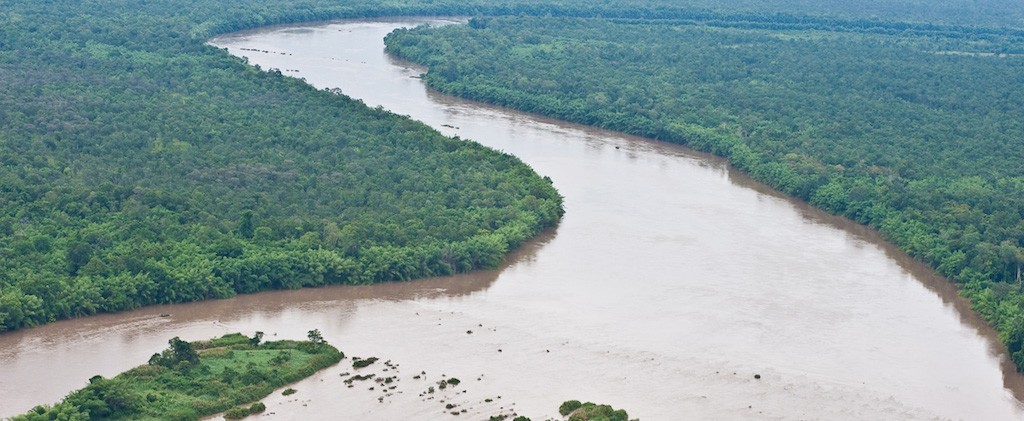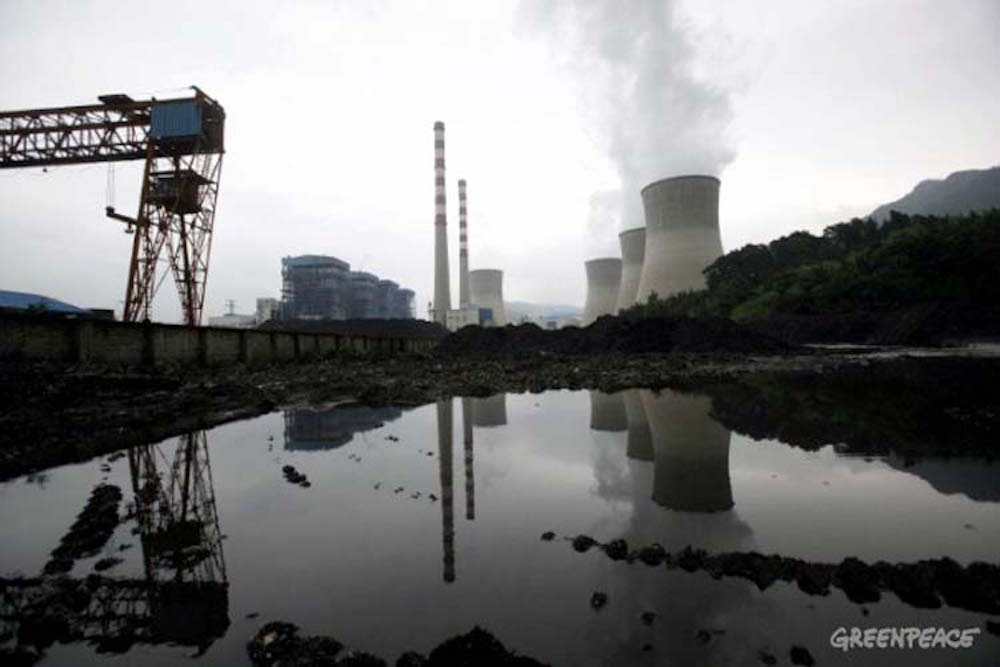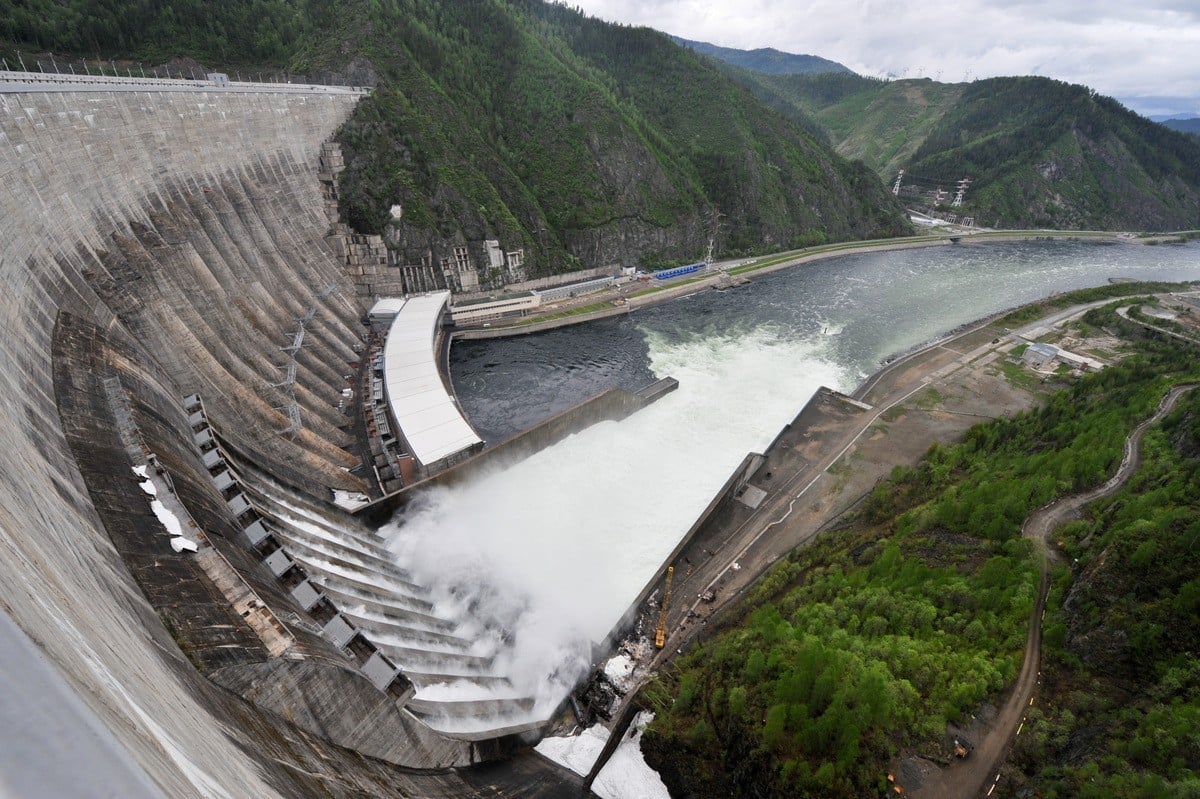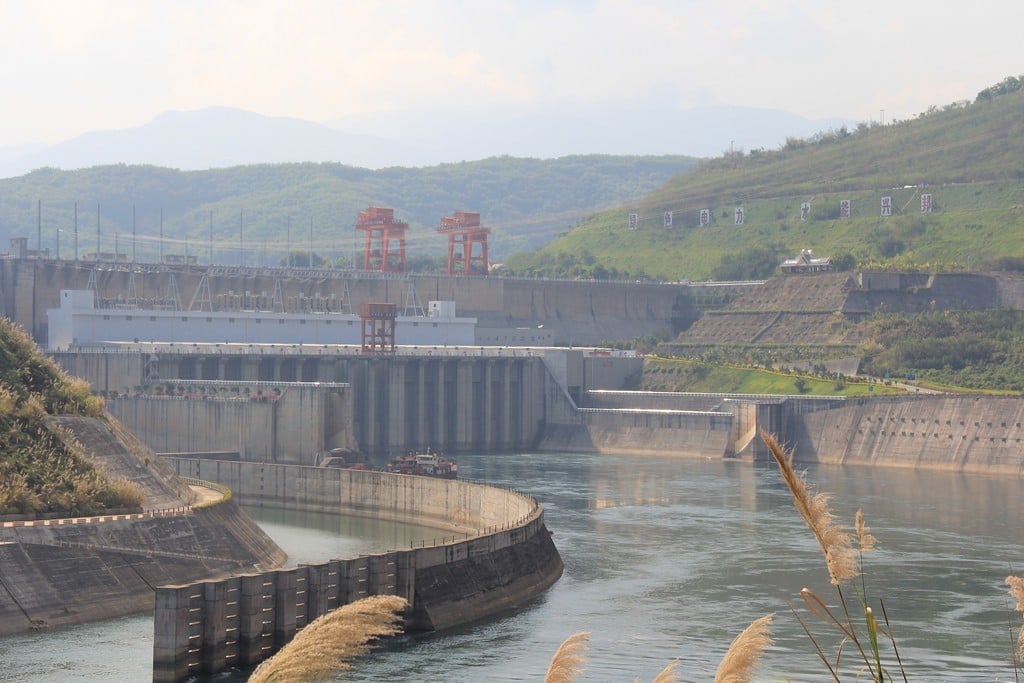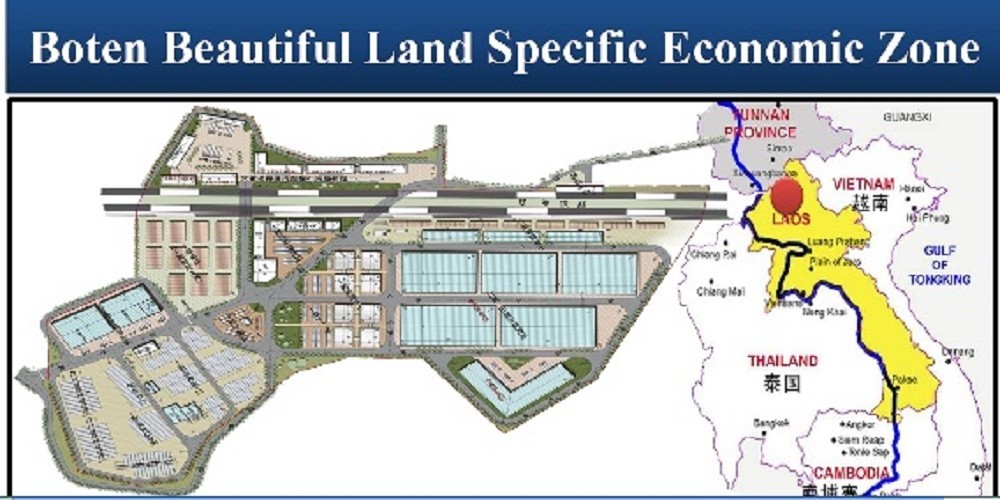It’s not just humans but also animals downstream who are affected every time water is released from Chinese dams into the Mekong River.
“The survival rate of baby birds has dropped to less than 60% over the past three years, as their nests lie on the riverfront and the water level of the Mekong is so unpredictable,” lamented the administrator of a Facebook page devoted to bird lovers.
Tag: china
China’s its own worst enemy in regional relations
China’s pattern of regional conduct has come increasingly into focus in recent times. Its behaviour is much less about maintaining the ‘status quo’, and much more about revising the established dynamics and contours in the region to its preferences. This revisionism is likely to become the primary source of tensions and potential conflict in Southeast Asia.
A view of the dam at the Jinghong Hydropower Station on the Lancang River, the Chinese section of the Mekong River, in Jinghong city, Yunnan province, 20 May 2013. (Photo: AAP).
Nowhere are China’s revisionist aims more evident than in the South China Sea and the upper reaches of the Mekong River, which straddles southern China, Myanmar, Thailand, Laos, Cambodia and Vietnam.
China Puts the Brakes on New Coal Plants
Chinese media reported today that the country’s National Energy Administration (NEA) has ordered 13 provincial governments to suspend approvals of new coal-fired power plant projects until the end of 2017.
Another group of 15 provinces has been ordered to delay new construction of projects that have already been approved. According to Greenpeace East Asia’s initial assessment of the implications of the rules, up to 250 coal-fired power plant units with a total of 170 gigawatts of capacity could be affected if the rules are fully implemented.
At least 570 coal-fired units with 300 gigawatts of capacity could still come online, despite dramatic overcapacity of coal in China.
China’s Mekong dam release ‘nothing special’
Local activists have accused China of using the Mekong River’s water resources to increase its political power in the region.
The accusation came Tuesday as Prime Minister Prayut Chan-o-cha left Thailand for China for the opening day of the first Mekong-Lancang Cooperation meeting being held in Sanya, Hainan province, until tomorrow.
Thailand, Cambodia, Laos, Myanmar, Vietnam and China will discuss cooperation under the theme “Shared River, Shared Future”.
Earlier, China announced on March 10 it had released water from Jinghong dam in Yunnan, with further releases planned until April 10, to help ease the drought in Thailand and other countries in the sub-region.
China agrees to share data on its dams
China has agreed to share information on the management of dams in the Mekong River, known as Lancang in China, with other countries connected to the river, says Ministry of Natural Resources and Environment spokesman Suphot Tovichakchaikul.
The move aims to reduce the impact of these dams on millions of people who reside around the lower part of the Mekong River, he added.
Myanmar : Aung San Suu Kyi and China’s Options
Bhaskar Roy As Myanmar nears a historic political transition, the incoming National League for Democracy (NLD) will have a lot on their plate. They will face the enormous challenge of steering the country according to their plans. Having struggled for two and a half decades against a hardline military rule, they will have a clearer […]
Laos starts off as Asean chair with ministers’ retreat
Laos kicks off its Asean chairmanship Friday with an agenda-setting foreign ministers’ retreat in Vientiane, its capital on the east bank of the Mekong River.
Analysts say this year could be a coming of age for the “lower-middle income economy”, where poverty continues to be widespread, but which is one of the fastest-growing economies in the region.
Laos last chaired Asean in 2004. Its economy grew by an average of 7 per cent annually in recent years, mostly on the back of its natural resources, a construction boom in Vientiane and rising tourism.
China’s expanding influence in Laos
The recently signed Joint General Scheme of Mohan–Boten Economic Cooperation Zone is the first cross-border economic cooperation zone that China has established in Laos and, for that matter, in the whole of Southeast Asia. The deal hints at the Asian giant’s goal to expand its economic ties with its southern neighbours.
China’s Belt and Road initiative ripe with possibilities
FOLLOWING THE launch of its ambitious Silk Road Economic Belt and 21st Century Maritime Silk Road (Belt and Road) initiative in a big way, China followed it up with last month’s official inauguration of the Asian Infrastructure Investment Bank (AIIB), which is now operational.
With AIIB, Nation Diversifies Funding Options
Though it’s extremely early days, experts this week welcomed Cambodia’s membership to the nascent China-led Asian Infrastructure Investment Bank (AIIB), saying it would provide much-needed diversity of funding for the nation’s infrastructure and connectivity needs.
Launched in Beijing last weekend, the multilateral development bank aims to support infrastructure growth in the Asia-Pacific region through the provision of loans, and supports China’s ambitious “One Belt, One Road” initiative to boost trade and connectivity across the Eurasian landmass.



